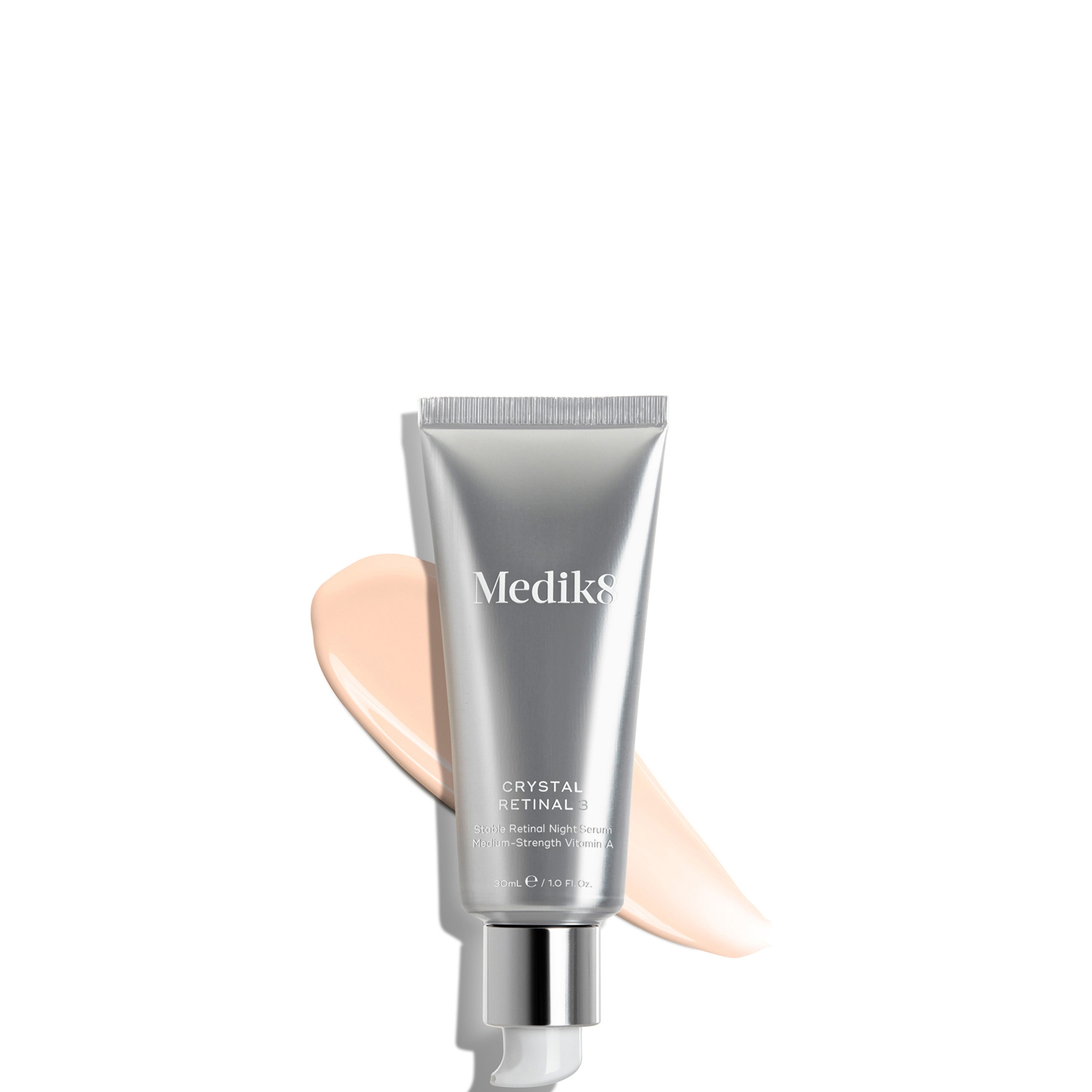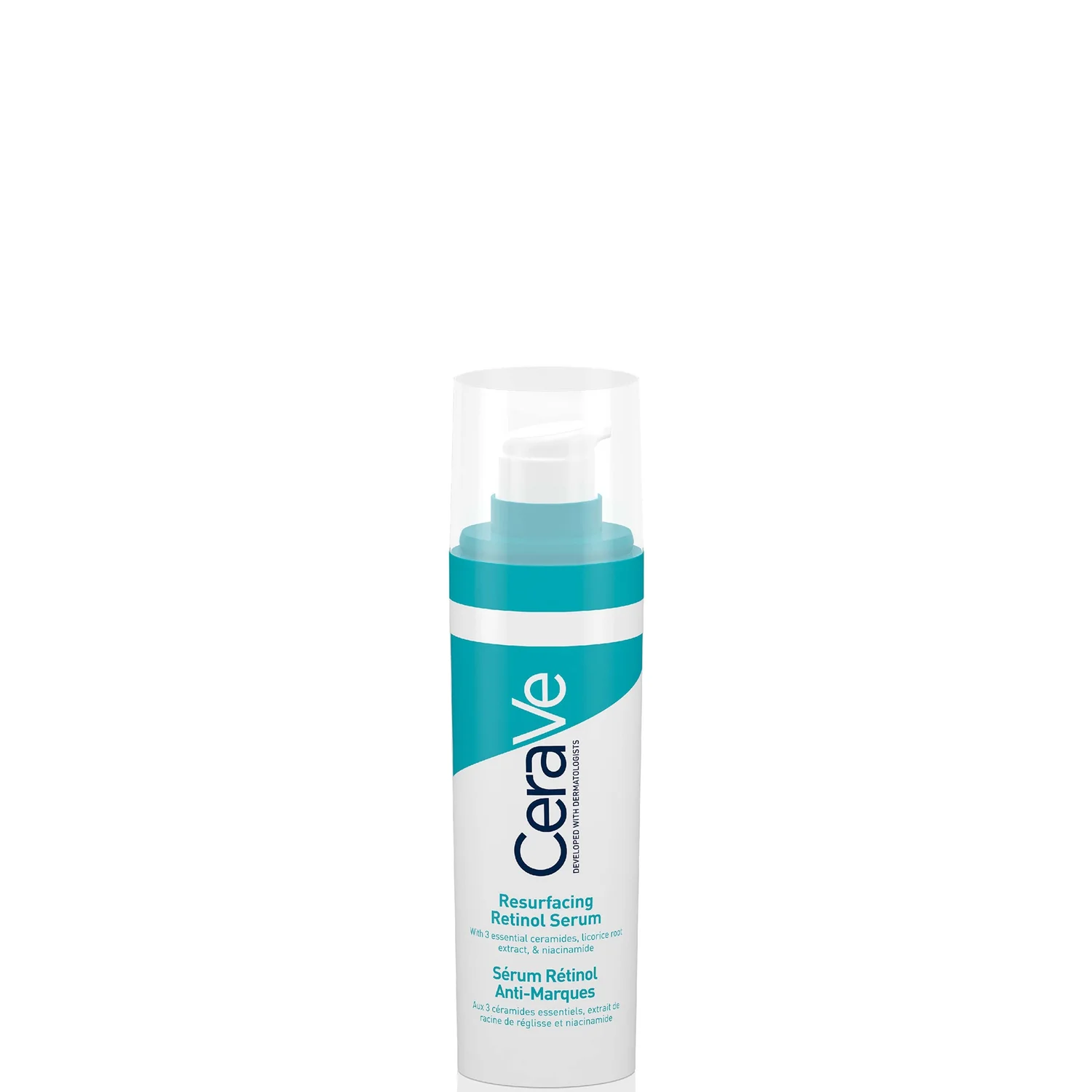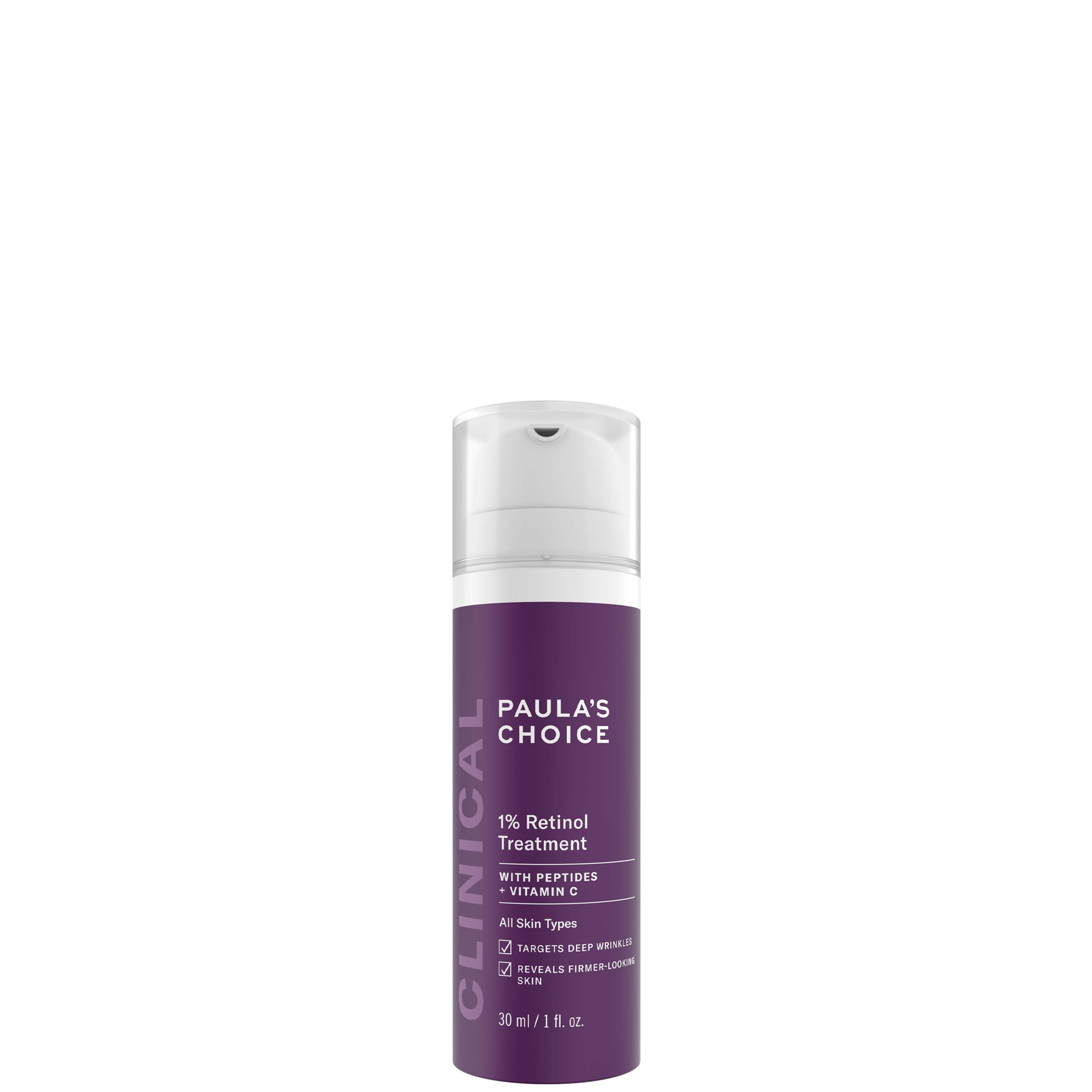Turns Out, Retinol and Sunshine Do Mix—and May Be the Secret to *the* Ultimate Summer Glow
A shortcut to brighter, clearer, glowier skin...


Celebrity news, beauty, fashion advice, and fascinating features, delivered straight to your inbox!
You are now subscribed
Your newsletter sign-up was successful
For years, retinol has carried a certain seasonal stigma––as soon as the first heatwave hits, it’s exiled from skincare shelfies nationwide under the belief that you shouldn't use retinol during summer. “It’ll damage your skin,” friends will warn you. “You’ll burn more easily,” you’ll hear on TikTok. But much like many other beauty myths, the idea that retinol is incompatible with sunshine is a misinformed fable that needs to be put to rights.
In reality, retinol is a perennial skincare hero, able to boost skin cell turnover, promote radiance and reduce wrinkles come rain or shine. In fact, many dermatologists and skincare experts advocate that it’s even more important to use retinol during the summer months due to its unparalleled ability to repair and renew the skin.
Here, we’ve checked in with top dermatologists to find out where this misconception might have come from, as well as how to use retinol during summer to achieve your best glow yet…
How does the sun cause skin damage?
Before we delve into the merits of retinol and how it helps to counteract sun damage, we need to understand exactly how that damage occurs and what happens to our skin when it’s exposed to the sun.
The sun emits UV rays, mainly UVA and UVB. UVA rays penetrate deep down into the skin’s dermis (the thickest layer), generating free radicals, which cause oxidative stress and breakdown collagen and elastic. The result? Premature ageing in the form of pigmentation, loss of firmness and increased fine lines and wrinkles. UVB rays, on the other hand, predominantly affect the epidermis, the outermost layer of the skin, causing direct DNA damage and visible burning.
A post shared by Medik8 (@officialmedik8)
A photo posted by on
How does retinol help to repair the skin?
Retinol, a derivative of Vitamin A and part of the retinoid family, is revered for its ability to renew the skin and boost collagen production.
“Retinol accelerates skin cell turnover, helping to shed the damaged cells, and bring new healthy cells to the surface,” explains Dr Derrick Phillips, consultant dermatologist. “It also inhibits the enzymes in the skin that can cause the formation of dark spots, and over time, this can help to fade hyperpigmentation.”
Celebrity news, beauty, fashion advice, and fascinating features, delivered straight to your inbox!
Should you use retinol during summer?
If your skin tolerates retinol well, there’s no need to stop during the summer months. “Contrary to a widespread misconception, retinoids do not inherently increase your sensitivity to the sun,” explains Dr Dev Patel, Renowned Skin Doctor and Founder of CellDerma. “In fact, they have been shown to be photo-protective. The misconception likely stems from the fact that if someone experiences retinoid dermatitis (a weakened skin barrier), their skin becomes more vulnerable to UV radiation. However, retinoids themselves actually protect the skin by minimising collagen breakdown from UV exposure and promoting new collagen production.”
Dr Phillips agrees: “With diligent application of a broad-spectrum SPF50 during the day, retinol can safely be incorporated into your routine throughout the year. Retinol should also be applied at night to avoid breakdown by UV rays.”
To add to the confusion, there’s also the fact that retinol is photolabile, meaning it is broken down by sunlight and will therefore become less effective. This is why it’s always recommended that you apply retinol in the evening (as well as to compliment your skin’s natural night-time repair processes). However, this has often been misinterpreted as phototoxic, and people believe that retinol would become harmful to us when it was exposed to the sun (it doesn’t).
How should you use retinol during summer?
The best way to use retinol is consistently. If you’re new to retinol, start low and slow (a low concentration gradually incorporated into your routine). Always apply before bed to clean skin, and follow with a broad-spectrum, high SPF sunscreen in the morning.
“It’s vital to keep your skin hydrated,” says Dr Phillips. “I always recommend testing your skin’s tolerance to retinol, starting with a few applications a week and gradually increasing the frequency as your skin builds up its tolerance.”
If you find your skin is a little sensitised, add in a moisturiser or serum that’s rich in barrier-boosting ingredients like ceramides as well as hydrators, including hyaluronic acid. But whatever you do, don't skip the SPF––or the retinol.

Lottie Winter is the Beauty Director at Marie Claire UK. With over a decade of beauty journalism under her belt, she brings a desire to cut through the noise and get to what really matters–– products that deliver, conversations that empower, and beauty that makes people feel like their best selves.


